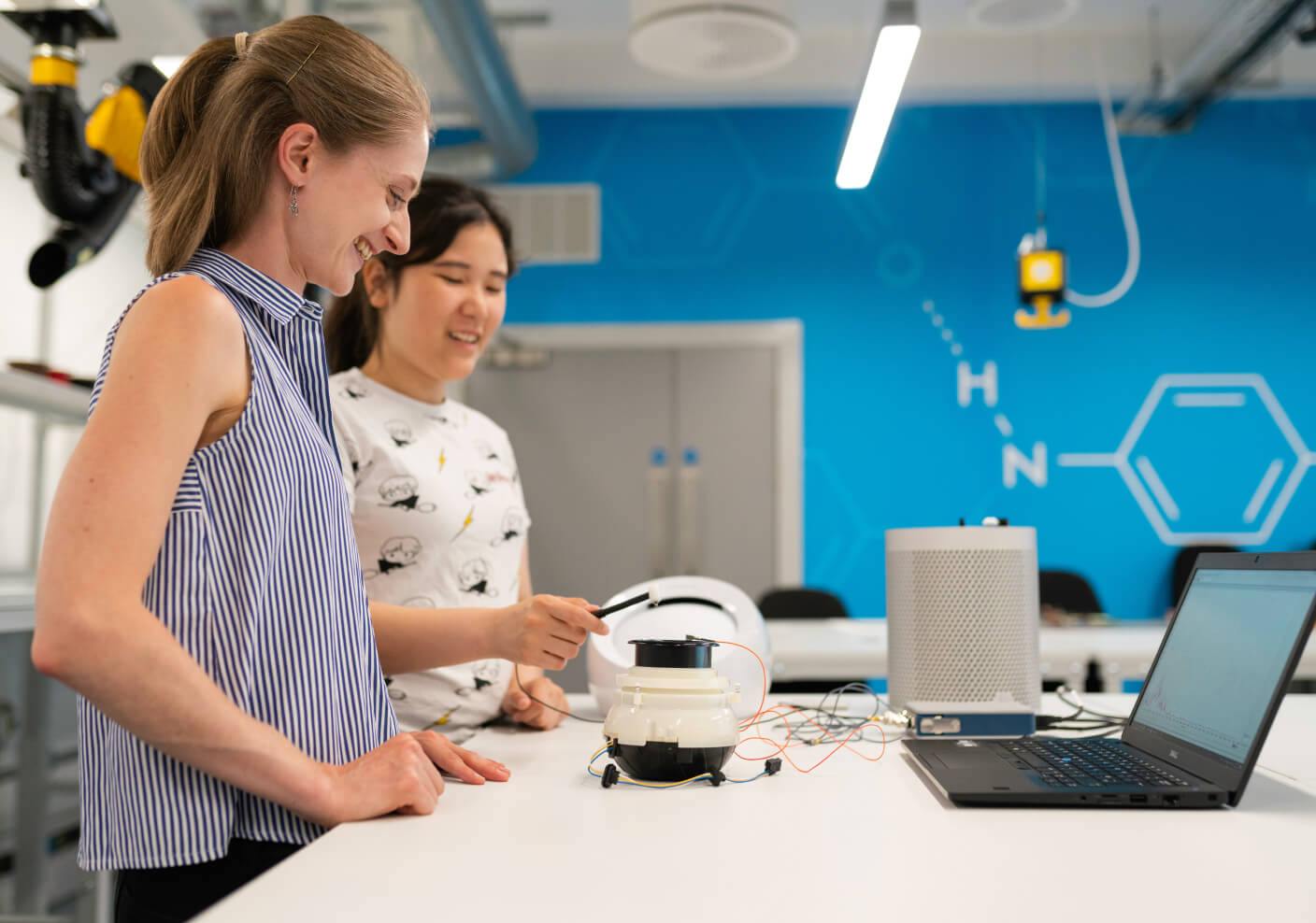Transforming cultures requires adopting new behaviors. Mursion’s technology and approach makes practicing these behaviors easier and more effective.
The past three years have tested leaders in ways previously unimagined – and much has been written about how expectations of leadership have changed, possibly forever. And it’s not just leaders. In today’s environment, to remain resilient as a business requires establishing a strong culture; one that can withstand the near-constant volatility that we continue to experience as a society and as a workforce. And this is the responsibility of every employee.
WHAT needs to change has been similarly well documented. Leaders need to be more transparent and empathetic. Employees, more efficient, productive and connected to broader business strategy. And often while trying to navigate completely new ways of working including hybrid environments.
But there has been far less focus on HOW employees at all levels can build the skills they need to thrive.
Traditional learning and development can lay a good foundation for building healthy, high-performing cultures. But these typically more static and periodically administered programs can only go so far in advancing the behavior changes necessary to transform a culture; ultimately, they do not have staying power because they lack a practice component.
We know that behaviors and skills can be learned. And, especially for adults, that learning is most impactful when it includes practice. For some, coaching is a valuable resource. But coaching is very difficult to scale and can be expensive, so it is largely reserved for executives. At Mursion, we have developed an approach that prioritizes practice by creating spaces that are both safe and dynamic that is accessible at all levels of an organization. This approach is centered around real human interaction, where people engage directly with live, simulation specialist-driven avatars to receive the benefit of realistic and authentic scenarios in a safe digital environment.
In the eight years that we have been creating these spaces for individuals to gain experience with different workplace scenarios, from navigating difficult conversations to expanding mindsets, we have ourselves learned much about how to best enable people to build skills and change behaviors.
Here are the four criteria we have found most critical to creating effective learning environments:
- Relevant. One-size-fits-all can often be a misnomer for one-size-fits-none. Every learner is different, and therefore it’s important that practice be adaptable to the needs of the individual. For the experience to be truly meaningful, it has to be relevant not only in the moment but also in their careers.
- Engaging. Holding attention can be challenging, especially when there are many competing priorities and a lot that employees need to focus on in their day-to-day. Effective practice scenarios are best delivered in engaging, fun ways that strikes the right balance between realism and encouraging the vulnerability to try, fail, and evolve.
- Empowering. Practice requires doing. Learners who go through the Mursion trainings are also more likely to feel empowered in leading certain discussions at work and getting the desired outcome.
- Measurable. Progress inspires commitment. The ability to get real-time, real feedback, couples with opportunities to revisit a scenario to understand how to improve upon the interaction helps to cement the learning and contribute to future success.
Sharing expectations for what high-performance looks like with employees at all levels is important. Delivering learning and development content in support of these expectations is beneficial. But creating space and infrastructure to actually practice the skills and behaviors necessary to achieving expectations
Subscribe for the latest Mursion articles and updates.
By clicking the sign up button above, you consent to allow Mursion to store and process the personal information submitted above to provide you the content requested. View our Terms and Conditions.




